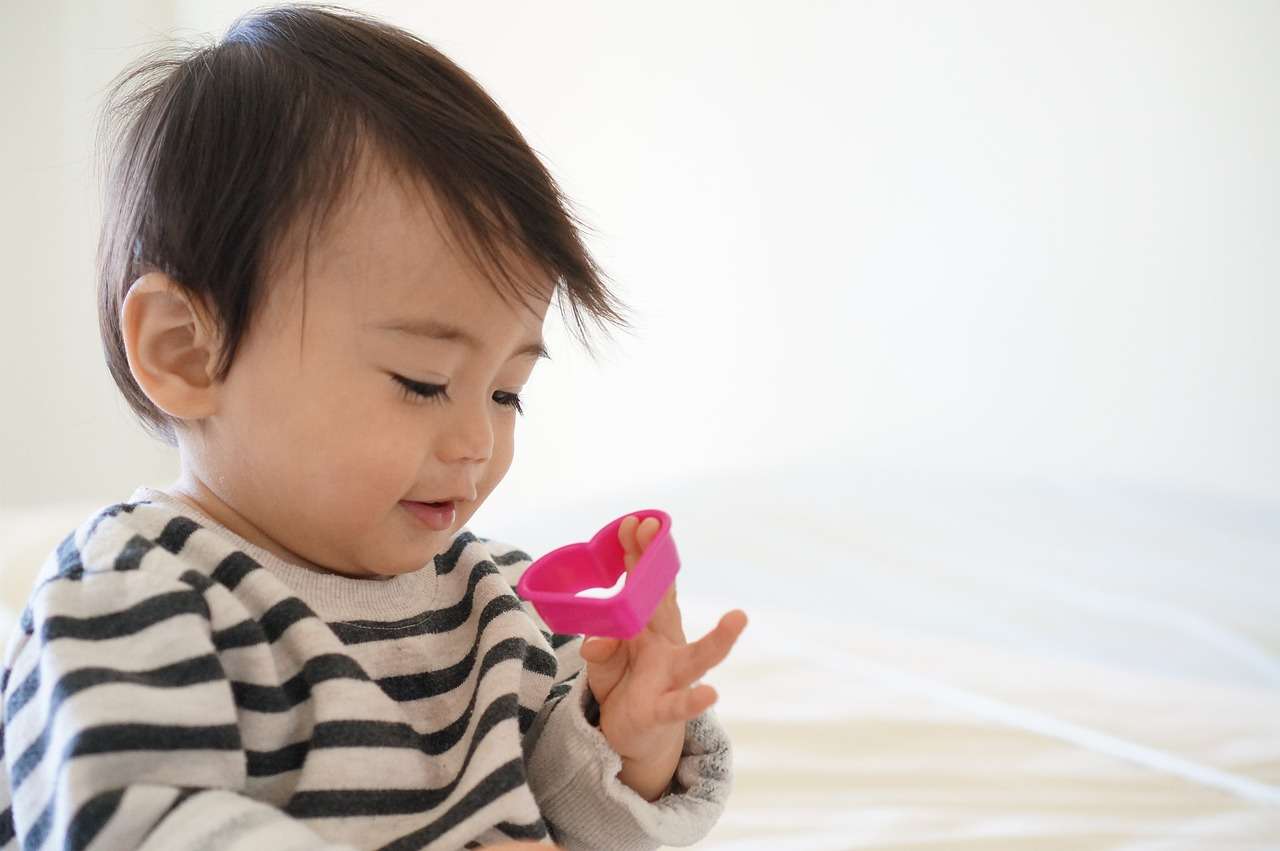Coarctation of the Aorta (CoA) in children
Coarctation of the Aorta (CoA) is a congenital heart defect characterized by a narrowing of the aorta, the major artery carrying blood from the heart to the rest of the body. This narrowing can occur anywhere along the aorta but is most commonly found near the ductus arteriosus, an artery that connects the aorta and the pulmonary artery in fetuses.
Symptoms of CoA
Symptoms of Coarctation of the Aorta can vary depending on the severity of the narrowing and the age of the child:
- In Infants:
- Difficulty breathing
- Poor feeding and weight gain
- Pale skin
- Irritability
- Heavy sweating
- In Older Children:
Diagnosis
- Echocardiogram: The primary tool for diagnosing CoA, providing detailed images of the heart and aorta.
- Chest X-ray: May show a characteristic ‘figure 3’ sign in the aorta or notching of the ribs (due to enlarged collateral arteries).
- MRI or CT Scan: Provides detailed images of the aorta and can pinpoint the location and severity of the narrowing.
- Cardiac Catheterization: Sometimes used for diagnosis and can also be a treatment option.
Treatment
- Medications: In newborns, medications like prostaglandins may be used temporarily to keep the ductus arteriosus open, improving blood flow until surgery can be performed.
- Surgical Repair: The most common treatment for CoA, involving the removal of the narrowed segment and reconnection of the two ends of the aorta, or enlargement of the narrowed area using a patch.
- Balloon Angioplasty and Stenting: Less invasive options for some patients, especially in cases of recoarctation (re-narrowing of the aorta).
Prognosis
- Early detection and treatment of CoA can result in a good prognosis, with many children leading normal, healthy lives.
- Lifelong follow-up with a cardiologist is necessary to monitor blood pressure and check for re-narrowing or other heart issues.
Complications if Untreated
- Hypertension (high blood pressure)
- Stroke
- Aortic rupture or dissection
- Heart failure
- Endocarditis (infection of the inner lining of the heart)
Preventive Measures
- The exact cause of CoA is often unknown, but good prenatal care and avoiding harmful substances during pregnancy may help reduce the risk of congenital heart defects.
- Genetic counseling may be recommended for families with a history of congenital heart defects.
Regular medical follow-up is crucial for individuals with CoA, even after successful treatment, to monitor their heart health and manage any long-term complications.
------------From our Sponsors------------









